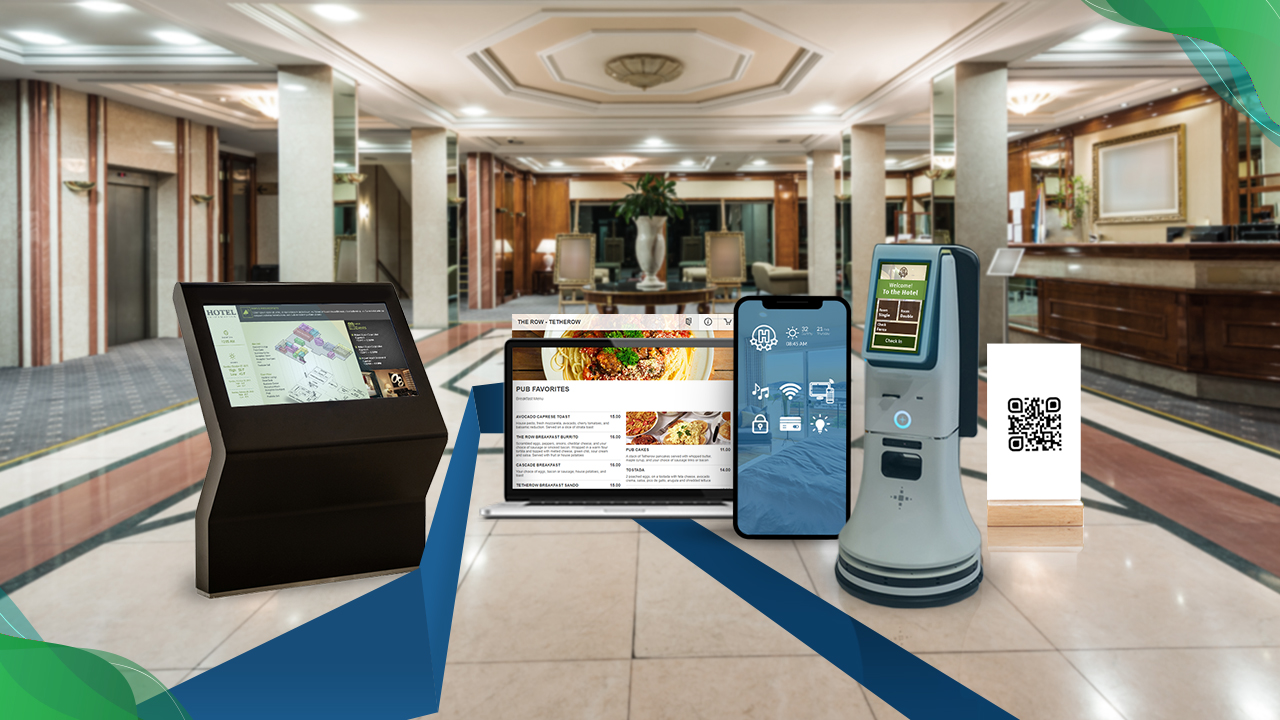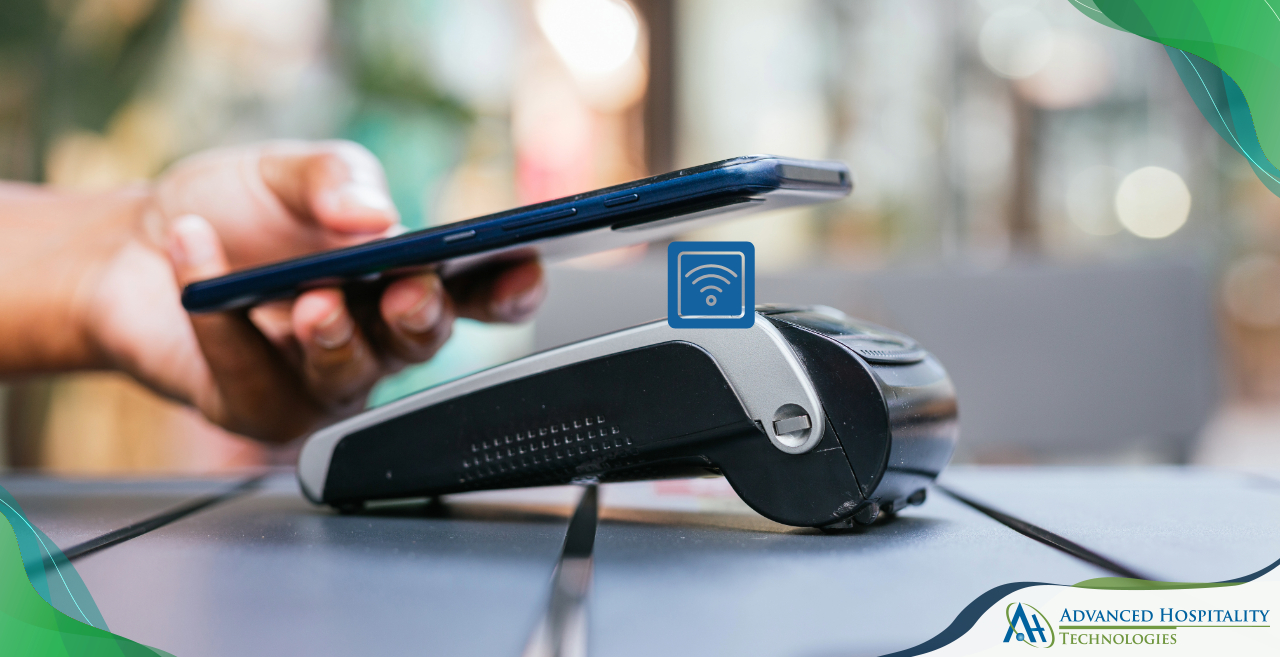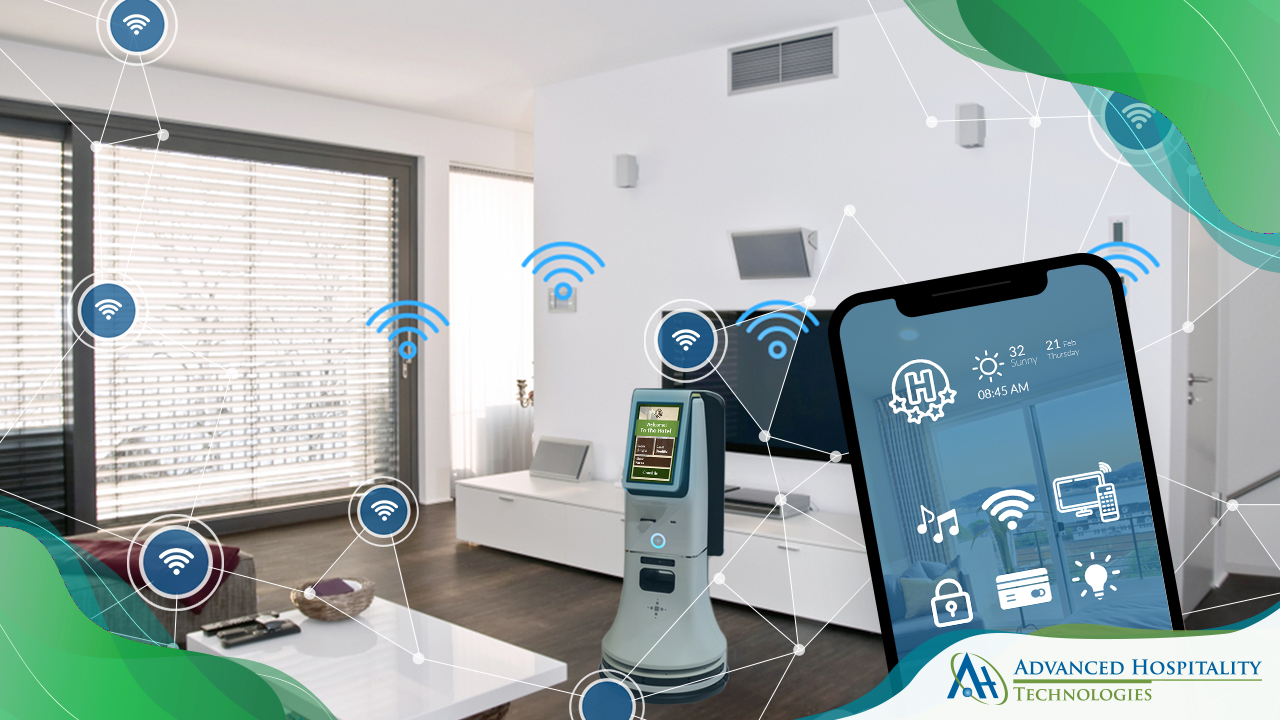In their latest Daily Lodging Report, SKIFT identified that even with OMICRON causing great concern hotel operators are reporting a positive outlook as we move into 2022.
The report discusses that prominent brands like the Marriott and Radisson hotels are actively reviewing solutions to manage operations while catering to travel demand with OMICRON active.
As we move into 2022, hotel operators must be geared to completely redesign their in-house guest journey. With limited staff, hoteliers are increasingly relying on the finesse of leading edge technology to manage operations efficiently while delivering delightful guest experiences.
Marriott hotels has already led the way for the entire industry developing a state of the art Marriott Design Lab. This 10,000 square feet of space located in Marriott headquarters is a testing ground to build and experiment new technologies for the hospitality industry. Marriott partners will be able to field test technology in over 7500 hotels.
With STR’s latest number for US hotel performance released we can assume hoteliers need to be both highly cost-efficient and proactive to adapt to these massive changes.
STR US Hotel Performance 2-8 January 2022 (percentage change from comparable week in 2019) :
- Occupancy: 45.4% (-14.9%)
- Average daily rate (ADR): US$119.92 (-4.8%)
- Revenue per available room (RevPAR): US$54.47 (-19.0%)
Below par occupancy and declining RevPAR suggests that hotel operators and management companies must invest in automation to minimize operations costs while delivering a well orchestrated guest technology experience.
Forbes reports that a recent Morning Consult state of travel and hospitality report had grim findings. The research identified that four in ten US business travelers will never travel for work again.
In their 2020 survey McKinsey research identified that technology adoption in the US was already surpassing several years of evolution. Customers are now highly reliant and demand digital interactions with the brands they interact with.
Keeping in mind the need for cost efficiency, personalized guest service, digital entertainment, and faster technology adoption among travelers, it is now critical for hotels to redesign their entire guest experience around technology.
The real digital experience begins for travelers when they are booking their journeys. Hotel brands are already testing the waters of digital marketing, online distribution services, social networking and smartphone apps.
The digitization of marketing, branding and sales provides hoteliers access to larger audiences while at the same time keeping them engaged with their guests through the above mentioned technologies.
Rethinking the entire guest journey to accommodate for less staff requires the selection of a unique mix of technology to build memorable guest experiences. Hotels including the Marriott, Hilton, Sheraton and others have already deployed inspiring services to assist guests during their stays.
The hotel technology stack is no more a premium privilege but a core aspect of the hotel management strategy. The various technologies including property management systems, revenue management systems, operation management tools, security systems, networking & data security systems, audio & video services, guest solutions etc. all make up the technology stack of any property.
The real test for the hotelier is to integrate and manage the entire technology stack to work in cohesion 24 hours a day. The guest check-in service, room service, signage, revenue, inventory, PMS, loyalty programs, and other aspects must be aligned to ensure guests are enjoying a seamless stay.
One of the most popular technologies to feature in hotels is the online or digital check-in. The need to social distance and avoid surfaces has evolved the way guests check-in on arrival. While several hotels are using digital kiosks and tablets, leading brands are utilizing smartphone apps and QR codes.
Digital check-in services have already proved immense in tackling multiple challenges for hotel operators. Some of these include safer interactions, quicker guest on-boarding, improved staff efficiency, and less crowded lobbies.
The Bluetooth room key or digital room key service is possibly one of the most demanded services in hospitality. Identified previously in a 2020 Oracle survey, digital room access was second on the list of digital amenities demanded by hotel guests.
Bluetooth room key technology allows the concierge to assign an encrypted key to the guest phone eliminating the need for a physical key. Considered a secure and fun way to provide guests with room access, the Bluetooth LTE room locks have proven their brilliance in top hotel franchises.
While managing the guest technology experience is crucial for hotels, innovating operations and amenities through technology is also a critical step. The deployment of cloud based PMS to improve staff access and deliver real time insights into operations is quickly becoming a popular advancement in hotels.
Leading hospitality providers are already deploying cutting edge AI based revenue management systems (RMS) to make more informed pricing decisions. Leading RMS software allow managers to automate pricing, deliver ready insights, and allow managing multiple properties through the same dashboard.
Conclusion
As 2022 rolls on, the US hotel sector must be both determined and optimistic to trigger a revival of the entire industry. The real focus of the American hotelier should be on change and innovation.
Fastening technology adoption, increased demand for digital hospitality experiences, evolving smartphone apps, and other breakthrough solutions are already changing the way hospitality services are delivered. Hoteliers must improvise to create a hybrid service model built upon automation and limited staff.




